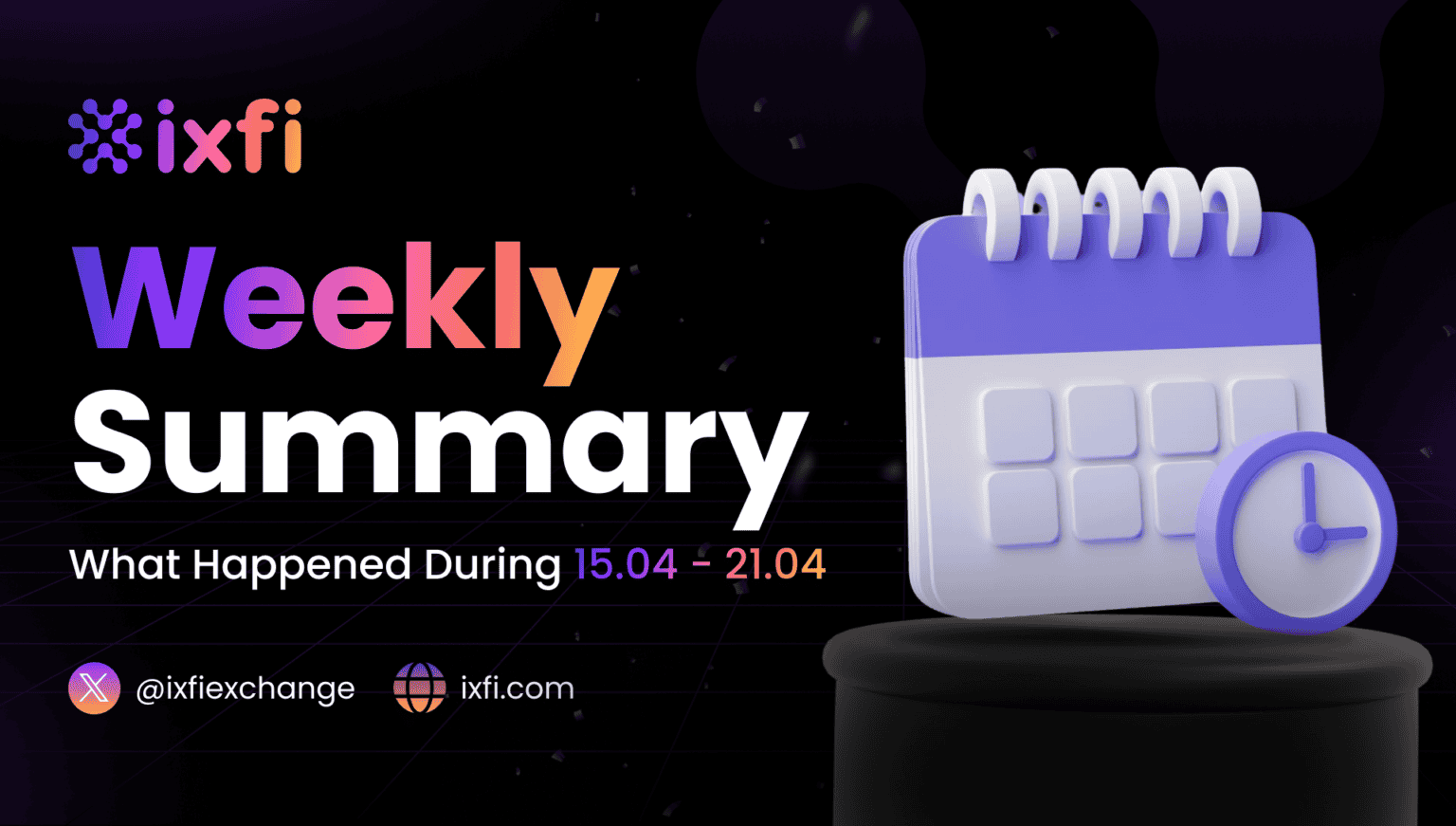The equity market started back in 1602, in the Dutch Empire, when a great local company offered the citizens the possibility to buy shares.
Later on, the investors would get their money back plus interest after the company made a profit. On the other hand, Bitcoin appeared in 2009, when an anonymous coder (going by the name of Satoshi Nakamoto) built the first Blockchain network – the latest generation technology that was hard to understand due to the lack of its technical background.
In the beginning, crypto was avoided by institutional investors, governments, and even retail traders because it was too risky and associated with the dark market.
However, the last couple of years has proven that cryptocurrencies are here to stay, gaining more ground and popularity.
What is the trading process in these financial markets?
The trading style between equities and cryptocurrencies is very similar. The digital world offers many opportunities, platforms, and applications for equities and cryptocurrencies. Besides the technical part of the process, the platform matches the buyers of the same assets with the sellers.
The price of every investment is determined by its offer and demand – or how many people are willing to buy or sell at specific prices. The equity market trading already existed when cryptocurrencies came out, so trading orders are also highly similar. Mainly, there are Market Orders and Limit Orders limited to pre-defined price levels where users want to buy or sell in the future.
At the same time, the technical analysis where specific price models are observed on the chart is borrowed from the equity market because the same metrics are used, like the volume, for example. As a result, open positions’ entry and exit signals can look alike. Also, digital assets and company shares have their evolution visually represented via price charts with lines or candlesticks. The technical analysis can be applied to any financial investment with a price history.
But on the other hand, the fundamental research will be different because the factors that affect the price are different – so different things will be fundamentally analyzed.
What are the differences between equities and cryptocurrencies?
First of all, the value of equity shares is based on the capacity of specific corporations or businesses to make and grow their profit. The process happens due to economic factors that exist in the real world. The respective company is part of an industry that’s annually verified by big audit companies. These audit companies inspect the data accuracy, physical assets, winnings, and losses. If any concerning modification is observed, the audit company must report the fraud to authorities.
Cryptocurrencies rely on the intrinsic value of diverse projects and virtual coins secured through cryptography – a quality that strengthens the safety of decentralized networks. The price of a cryptocurrency grows or falls depending on users’ demand, their market deficit, the cryptocurrencies’ utility use-cases, and last but not least – how involved the community is.
- Volatility
Volatility, represented by sudden moves in asset prices, can give nightmares to people who do not like risk and portfolio fluctuations – but also volatility is a trader’s best friend. Every day, new users on the crypto market hope for instant appraisals of over 50% without considering the possibility of retracing at least 25%.
In less than a month, these investors give up on their trading strategy and exit the market calling it a bad joke. On the equity, commodity, and bond markets, price appreciations are way more minor, but also, the risk is lower. Like the new tech zone, the stock market can also have riskier sectors, similar to cryptocurrencies. Generally, the stock market volatility is more melancholic than crypto’s and is more fitted for investors who like the long run and have more extensive investment portfolios.
Most of these investors have worked their whole life for the money they’re going to use in the market, and they are unwilling to see their life-saving fading away. On the other hand, price fluctuations also bring a lot of opportunities for active traders.
- Regulation
Financial authorities entirely regulate the stock market in any country on the planet, and equities earnings are generally accepted as passive income generation. Regulation is supposed to bring an additional security layer, as companies have to meet financial and legal obligations and criteria to get their company listed on the stock market. Even with all of this, a company can always go bankrupt because of bad management. The cryptocurrency market is unregulated at the moment, while the European Union continuously discusses new laws to be applied. Margin trading is the riskiest because losses can be enormous since it is not regulated.
On the other hand, the stock market is open only for specific hours from Monday to Friday, and trading platforms do not offer the possibility to Day-Trade (only under the circumstances specified by the broker). On top of that, taxes are higher than in the crypto space. By comparison, cryptocurrencies are available to trade 24/7, meaning that we have guaranteed access to our funds. Still, it also represents a risk for individuals that become addicted to trading and can’t control themselves.
Liquidity is another differentiating factor representing market participants’ capacity to buy and sell assets depending on the bidding and asking price. For example, equities have a way larger trading volume than cryptocurrencies, so the stock market is more liquid so that investors can sell their assets quicker. On the other hand, cryptocurrencies don’t have as many investors as equities, so they may suffer from liquidity crises from time to time, especially in uncertain moments when the market is scared.
How do I figure out what’s better for me as an investor?
Both markets have risks and benefits, and the differences might be compared to a double-edged sword. It depends on our ability to handle the sword. The best decisions we can make as investors are the ones that respect our plans. If someone chooses to invest their children’s allowance over a 15-year horizon, the best decision might be to pick a popular ETF or government bonds. If investors seek a higher return with a higher risk of losing money, then cryptocurrencies are a viable option. Until we decide on the savings percent that we’re going to invest in any market – stay informed and choose markets, you are familiar with.
Choosing a reliable exchange partner is the first step toward financial stability. Take this first step with Your Friendly Crypto Exchange. Join IXFI for a modern, simple and fulfilling trading experience.
Disclaimer: The content of this article is not investment advice and does not constitute an offer or solicitation to offer or recommendation of any investment product. It is for general purposes only and does not take into account your individual needs, investment objectives and specific financial and fiscal circumstances.
Although the material contained in this article was prepared based on information from public and private sources that IXFI believes to be reliable, no representation, warranty or undertaking, stated or implied, is given as to the accuracy of the information contained herein, and IXFI expressly disclaims any liability for the accuracy and completeness of the information contained in this article.
Investment involves risk; any ideas or strategies discussed herein should therefore not be undertaken by any individual without prior consultation with a financial professional for the purpose of assessing whether the ideas or strategies that are discussed are suitable to you based on your own personal financial and fiscal objectives, needs and risk tolerance. IXFI expressly disclaims any liability or loss incurred by any person who acts on the information, ideas or strategies discussed herein.




